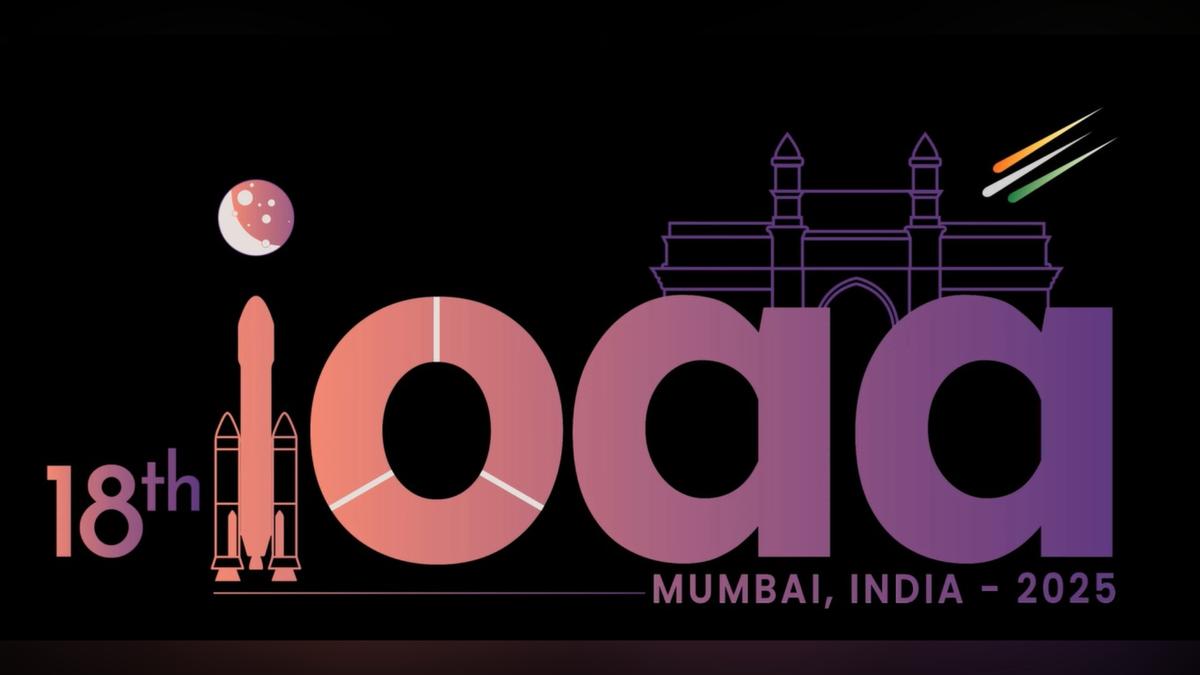The Olympiad, hosted this year in Mumbai from August 11 to 21, is a competition for high school students.
Picture: YouTube/@hbcsephysicsandastronomy6788
A sharp divide has emerged within India’s scientific community after the International Olympiad on Astronomy and Astrophysics (IOAA) decided to ban Israel from the event starting in 2026. The Olympiad, hosted this year in Mumbai from August 11 to 21, is a competition for high school students. Children from 63 countries, accompanied by scientists serving as team leaders and mentors, took part.
Ahead of the event, over 500 scientists and academics from India and abroad had submitted a petition to the IOAA Board, urging that Israel be barred from competing as a national team in light of its actions in Gaza. However, the petition also requested that Israeli students still be allowed to participate as individuals, without representing their country’s flag. The letter said that “Israel’s protracted campaign in Gaza has led to the deaths of more than 60,000 Palestinians, including thousands of children” and that “Israel has forcibly prevented Palestine from fielding a full team for this Olympiad.”
An official release issued by the IOAA explained that the IOAA Board, an autonomous body with 120 members representing participating countries, discussed the issue of Israel’s participation in the IOAA at length.
The release stated that the board resolved by an “overwhelming majority” that “IOAA will not stop students from Israel and their mentors from participating in future events,” but that the “use of the country name (Israel), national flag, or any other national identifiers will remain suspended for this team.”
Academics ‘hijacked’ platform
The decision triggered sharp criticism from a group of 300 Indian scientists, including professors, directors, and vice-chancellors of leading institutes like TIFR, IISER, IITs, HBCSE, and JNU.
In a letter to Prime Minister Narendra Modi, they said, “We wish to record our serious concern and strong objection to the conduct of certain Indian academics during the IOAA, inaugurated by the Prime Minister on August 12. This prestigious Olympiad was envisioned as a celebration of science, youth talent, and international collaboration. Instead, a group of academics hijacked this platform to advance an ideological agenda that has no part to play in serious academic discourse.”
The letter specifically named researchers Aniket Sule, Alok Laddha, Ashoke Sen, Nissim Kanekar, Suvrat Raju, Sandip Trivedi, Ravinder Banyal and Ronak Soni, alleging that they had campaigned for Israel’s suspension from the IOAA while “cloaking political activism as academic engagement.”
The letter also urged the government to take “strict and appropriate action” against the named faculty members and to seek accountability from the directors of the publicly funded institutes involved.
While the IOAA Board eventually announced that Israel’s official participation would be suspended from 2026, the escalating public exchange between the two groups of scientists has deepened divisions in India’s academic community over the intersection of politics, science, and international diplomacy.
Moral responsibility
Speaking to The Hindu, theoretical physicist Suvrat Raju from the International Centre for Theoretical Sciences, Bengaluru, said that the petition was not political activism but a matter of moral responsibility. “Our aim was to express our solidarity with Palestinians and express our horror at Israel’s actions. We explicitly requested that individuals be allowed to participate so as to minimize the impact on Israeli students,” Mr. Raju said. He also noted that “the decision to suspend Israel was taken by the board and not by the petitioning scientists.”
The controversy has also spilled onto social media. In a widely circulated LinkedIn post, one of the petitioning scientists criticized the group of 300 academics for attempting to malign their colleagues rather than defend academic freedom.
The post argued that the IOAA Board had similarly suspended Russia and Belarus from participating in 2022 without comparable outrage, likening the current move to the academic boycott of apartheid-era South Africa.
Published – September 04, 2025 03:09 am IST
